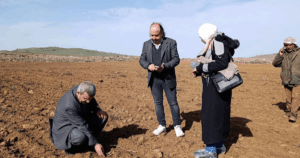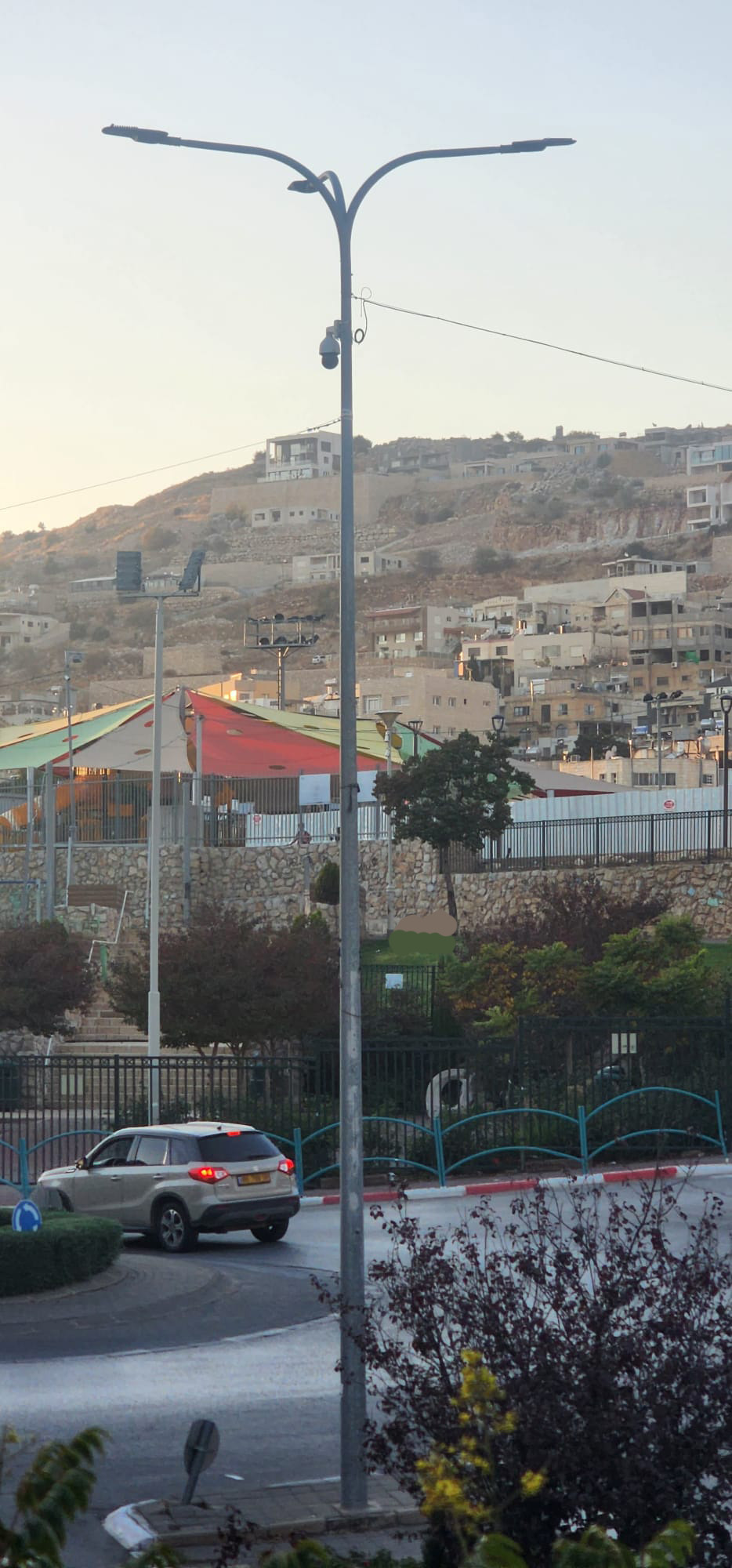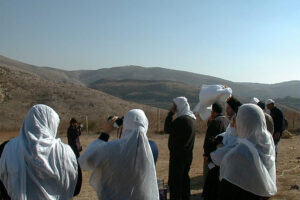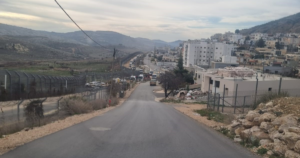On October 14, 2024, Al-Marsad – The Arab Centre for Human Rights in the Golan submitted a formal request to the Majdal Shams Local Council pursuant to the Freedom of Information Law, 1998 (חוק חופש המידע, תשנ”ח–1998). The request sought comprehensive information regarding the surveillance camera system installed by the Council within the public domain of the village, including cameras positioned along roads, in public areas, and in the vicinity of agricultural orchards.
In its application, Al-Marsad requested detailed clarifications concerning the types of cameras deployed, the purposes underlying their installation, and whether the Council had examined alternative measures capable of safeguarding individuals’ privacy while concurrently ensuring public safety.
However, the responses received from the Council were partial, inadequate, and in certain instances ambiguous. Consequently, Al-Marsad issued a subsequent communication on October 15, 2025, reiterating its request for full disclosure, particularly in light of a marked increase in incidents of violence, vandalism, damage to public property, and even threats to personal safety, as evidenced in the correspondence attached hereto.
This renewed request followed an official announcement by the Majdal Shams Local Council, expressing satisfaction with the installation of a multi-million-shekel surveillance system throughout the village. This announcement, however, raised substantial public concern. Despite the extensive financial investment and the widespread deployment of cameras, acts of vandalism and disorder persist, thereby calling into question the efficacy of the system. Furthermore, it has been alleged that certain cameras may not conform to the provisions of the Secret Monitoring Law, 1979 (חוק האזנת סתר, תשל”ט–1979) and the regulations promulgated thereunder.
It is essential to underscore that, in some circumstances, the installation of cameras may constitute unlawful surveillance in violation of statutory and constitutional protections of privacy, particularly where such cameras include recording, facial recognition, or license plate identification capabilities, and are installed in public spaces without the residents’ knowledge or without clear and visible notice, thereby potentially infringing upon their right to privacy.
The purpose of Al-Marsad’s inquiry is therefore of significant public and legal importance: to ascertain whether the Majdal Shams Local Council operates in accordance with the applicable legal standards governing privacy protection and the safeguarding of citizens’ rights, and to ensure that the deployment of surveillance cameras genuinely serves its declared objective of enhancing public security and residents’ safety, as stated in the Council’s official communications.
To read the full formal request:





